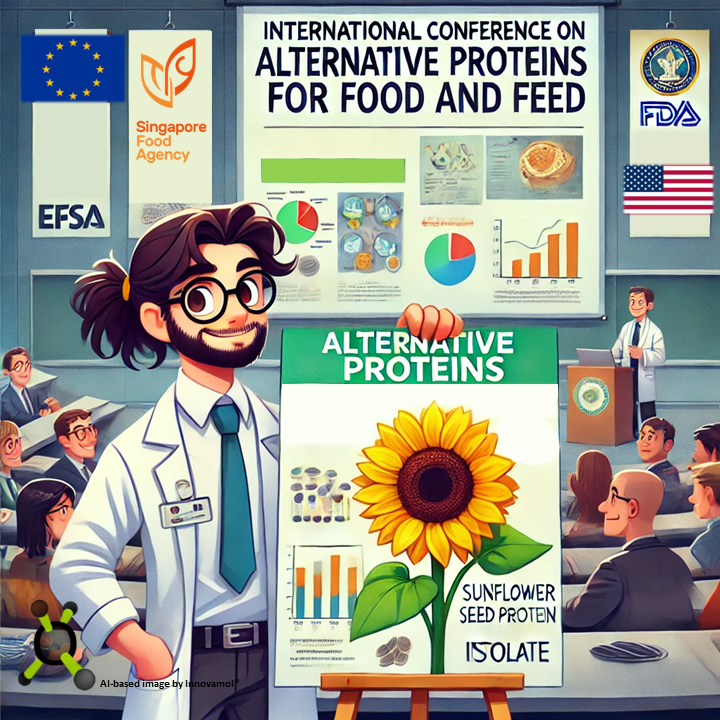The global food system is currently facing significant pressures from population growth, environmental challenges, and the need for sustainable nutrition solutions. As traditional protein sources raise various ecological and ethical concerns, alternative proteins, including sources like insects, fungi, algae, and microbes, have attracted an increasing interest. These proteins not only promise a lower environmental footprint but also hold the potential to address nutritional needs sustainably. However, rigorous safety assessments are essential to integrate these novel sources into the food system confidently and responsibly.
At the foundations of these assessments lies a structured methodology for literature review, which plays a critical role in compiling, interpreting, and applying scientific data for regulatory process. A reliable review methodology is especially crucial when dealing with both conventional scientific sources like peer-review journals and grey literature like reports from regulatory agencies, the latter often holding valuable but overlooked insights. Grey literature, which includes non-commercial or unpublished data, can reveal crucial information that might not be found in conventional scientific journals, such as emerging safety concerns or nutritional benefits of alternative proteins. This happens because grey literature is moving faster than if compared with the peer-reviewed one. Thus, by looking in deep into it, it is possible to better “see the future”. As a matter of fact, integrating both grey and traditional data sources can provide a more comprehensive view, strengthening the safety frameworks that guide the use of alternative proteins in food systems.
These topics will be highlighted at the upcoming International Conference on Alternative Proteins for Food and Feed, taking place from 03–05 December 2024 at the German Federal Institute for Risk Assessment in Berlin (BfR). Organised by institutions like EFSA, FDA, Singapore Food Agency and others, this conference will focus on alternative proteins’ safety and nutritional aspects, as well as their economic and consumer perception impacts. It offers a unique opportunity to be updated on the latest research, innovative developments, and sustainable practices that are shaping the future of food and feed systems.
IIn this scenario, we are proud to announce that one of Innovamol’s scientists, Dr. Daniele Urbani, will be attend this event. If you are interested in structured methodologies for conducting literature reviews with a particular focus on alternative proteins, you can meet Dr. Urbani during the poster session to talk about “EFSA-compliant literature reviews for advancing safety and efficacy assessments of alternative proteins”. As he’s expert in literature reviews, he will illustrate Innovamol’s approach that ensure rigorous, EFSA-aligned assessments and support the responsible integration of alternative proteins into the food supply.
This conference is not only a platform for scientific exchange but also an opportunity for researchers, industry experts, and regulators to collaboratively shape the path forward for sustainable and safe food systems. We are excited to see Innovamol represented by Dr. Urbani and look forward to the valuable insights and connections that this event will promote for the future of alternative proteins. Freely reach out to him for any question or doubt about scientific data collection in the field!
“Innovation is what distinguishes a leader from a follower” – Steve Jobs

